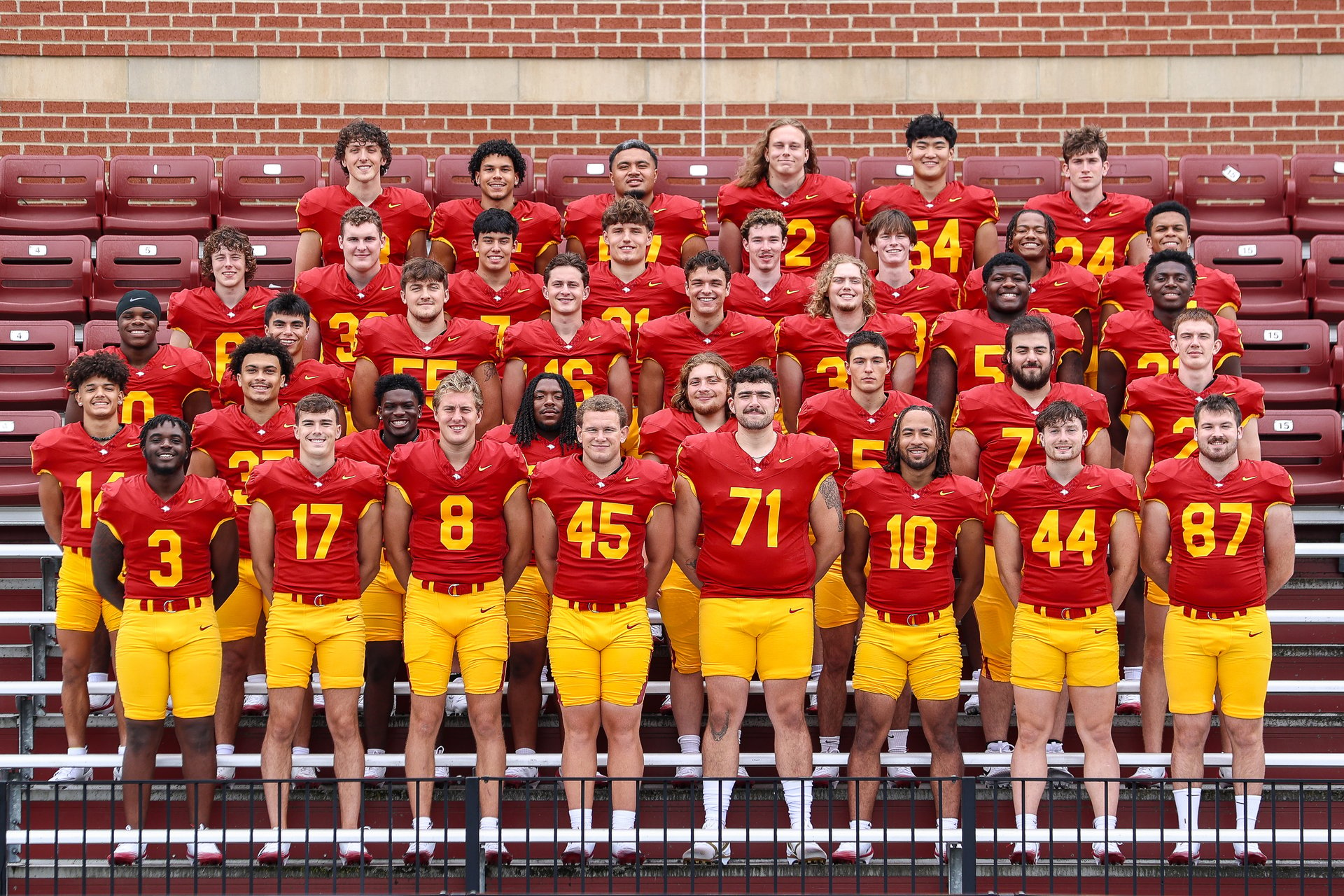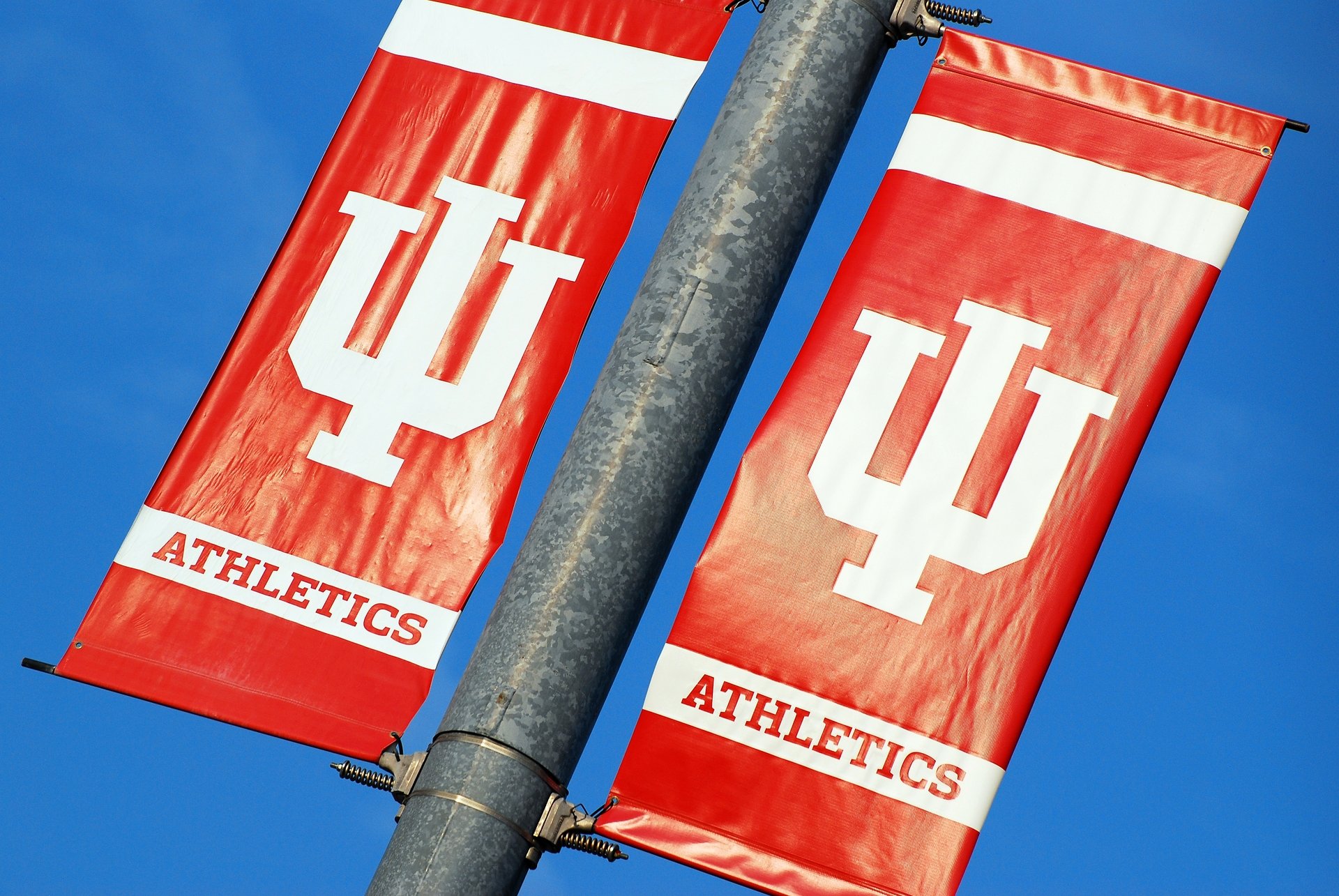Good morning, and thanks for spending part of your day with Extra Points.
About six months ago, I started going to an Episcopalian church in my neighborhood.
I initially started going because my daughter and I take piano lessons there, it was walkable from our house, and we had made a few friends there. Then we made more friends, became more and more comfortable with the services and teachings, and next thing you know, it’s been six months, and I’ve got a name tag in the church basement and everything.
But in many ways, this church was a big culture shock for me. I had spent the last 37ish years of my life as a Latter-Day Saint, which is a very different flavor of Christianity. I had never been in a church service that required so much sitting and standing before. I had no idea why the priest was swinging incense around, or what a liturgical calendar was, or why we took a break halfway through the service to shake hands with everybody.
But you can eventually figure that stuff out with a trip to the public library and by pestering people at coffee hour. Not a big deal.
The bigger culture shock has been more theological. I don’t say this as a critique, but in my experience, Mormonism is very much more in the Confessionalism tradition of Christianity. There’s a long list of prescribed beliefs that the church teaches, and a member in good standing is more or less obligated to endorse all of them. This system can have some major advantages — LDS services in Provo, Pittsburgh, and Porto Alegre will all more or less be teaching the exact same thing — but can also cause problems if you discover you don’t think you agree anymore with every single teaching.
That has not been my experience so far with the Episcopal church. I remember peppering our priest with all sorts of questions when I first started showing up: So, uh, who gets to partake of the Eucharist? How often is it celebrated? What is the nature of Grace? Are you guys cool with me having a coffee every once in a while? Her response to most of those questions was: “Well, it depends. Different churches tackle this question differently.”
Except the coffee one. It’s not called “coffee hour” because they don’t want anybody to drink coffee. Everybody seems to be cool about that.
While it wouldn’t be accurate to say that there are no guardrails or theological structures (there are still creeds and sacraments and an adherence to the Bible, etc.), my understanding is that this particular church believes that it is the ritual, the tradition, the communal prayer, that binds the community together more than adherence to specific church cannon questions. The Episcopals appear to be more comfortable with ambiguity and in “holding tension” … grappling with two potentially contradictory ideas at the same time.
Is this high church or low church? Is it a progressive or conservative institution? Where does one draw the line between Cheap Grace and Costly Grace? Is this a question that can be solved by scripture and reason, or is it an unknowable mystery?
It’s … both? I guess?
Now, I understand that ambiguity can be comforting to some people. Personally, I’m struggling with it a bit. After all, I’m a reporter. My like, entire thing, is wanting to know stuff. I’d FOIA God in a heartbeat if I could ever figure out his email address.
Wading through the difficulties of “not knowing” is not a strong suit of mine.
Of course, you’re not reading this newsletter because you want ruminations on my new and confusing journey into Protestant theology and culture. You’re reading it because you care about college sports.
And if you care about college sports, well, then I bet you know a thing or two about how difficult it can be to wrap your arms around an entity that is holding completely different ideals in tension.
To me, that isn’t just church. That’s college sports.
Hear me out:
I don’t think many Extra Points readers would object to the idea that college sports is a business.
It certainly has a lot in common with a business, right? Institutions spend lots of time and energy growing revenues and resources and will routinely make decisions about who, where and how to play based explicitly on business considerations. We also have an entire cottage industry of startups and supporting personnel to help college athletic departments grow revenues, cut expenses and achieve superior business outcomes.
Shoot, I’m in that group too!
But I remember Nick Saban pointing this out, back in 2023:
Want to read the rest of the newsletter? Subscribe today!
Premium Subscriptions make Extra Points possible. Upgrade today to get access to everything we write:
Upgrade to Premium for just nine bucks a month:

















